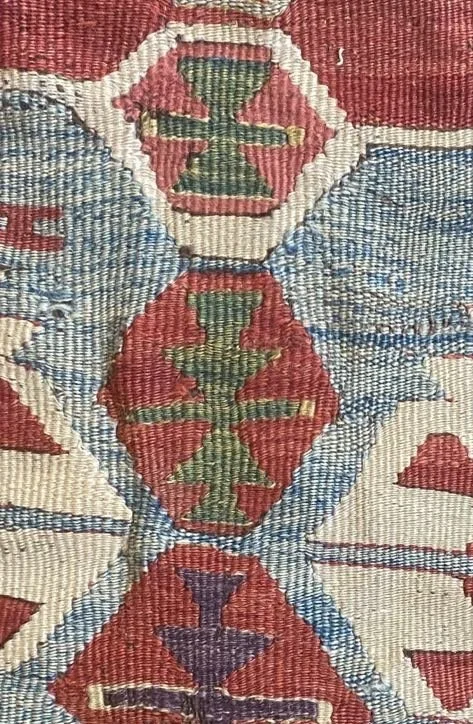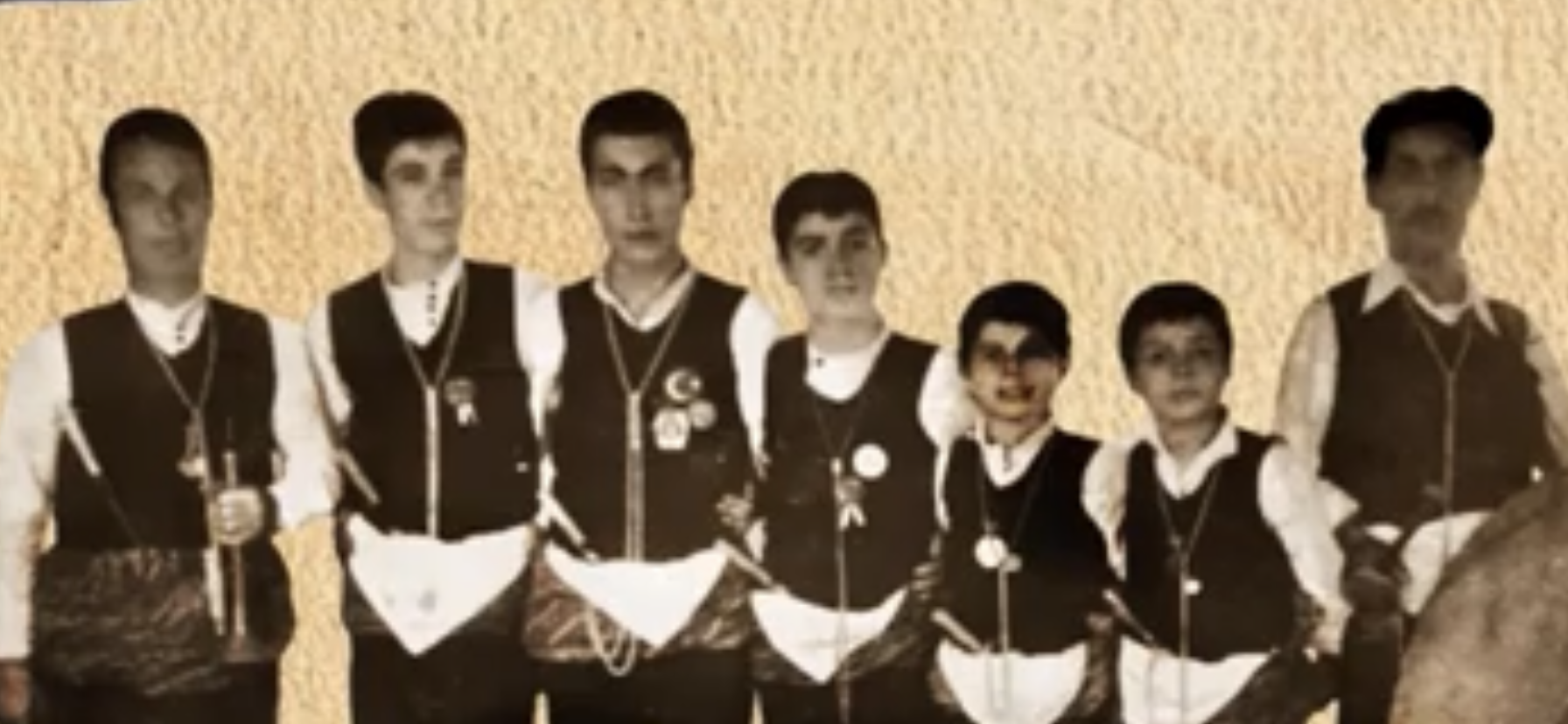#19: The Ancient Art of Storytelling: Respecting Knowledge and Wisdom.
The exploration of lineage deepens our self-understanding of how we show up in our worlds, both internally and externally, while influencing how we connect to others and bond our sense of belonging.
It can shed light on the parts of ourselves that may be unconscious or lack understanding or meaning. Throughout my life, I have learned that the stories of my lineage have helped guide me on my healing journey. They have helped me understand why I am the way I am, and who and what I belong to or believe in. I can see how my path is connected to my ancestors and what has been passed down (both in forms of beauty and pain). It has helped me orient myself to my value and belief systems, and sense of self.
My father was born in a city called Erzurum in Northeastern Turkey. Our people are called Dadaş—mountain people known for a folklore dance called Bar, a “war game” fit for the brave, and the folk music which accompanies the dance. For my people, wisdom, knowledge, and history are embedded, woven, and passed through music, dance, arts, and verbal storytelling. Stories were and are still predominantly passed through people, travelling across lands by travellers' verbal stories, music, and objects. My grandfather was a Ney folk musician; many stories are within the chords of his music. When you listen to Ney, you can hear the history of my people. It ignites many sensations and emotions in your body, as if someone were telling you a story of love, pain, joy, etc. The music captures the emotions of war history.
The same admiration and passion for arts that capture history and love were passed down to my father, who has spent his life admiring, learning, and understanding the stories, meanings, and love language of carpets. He understands the history of the fibres, colour pigments, patterns, and it would be safe to say he knows where every single rug in the world is from as soon as he lays his eyes on them. After seeing so many unique pieces of art that captured history woven in their tapestry, his knowledge and wisdom grew. He often talked about having what he calls the ‘eye,’ and would give me a long look when he said it as if I were to understand him. My interpretation, which was clearly required from his minimal explanation, was that he had an eye formed from experience. He had an inner knowing of what was beautiful or valuable, and he ‘knew’ their stories. Like most places prior to the digital age, unfortunately, this ancient art form will soon be lost as no one is devoted or dedicated to being the wisdom keeper of carpets. Their stories and secrets will be lost when his generation passes. Not only that, the skill of knowing how to share this beauty and capture the heart of those who are seeking this art is an ancient dance of knowing how to read the heart of a fellow human. What we now call sales and marketing is a dance that my dad knows is only ever in the hands and soul of the seeker.
It is within these art forms that the stories of culture and belonging are shared.
What I often struggle with is that the world we live in rarely respects people who are educated in these forms without recognition from Western institutions. In a lot of non-Western cultures, knowledge and wisdom are shared through stories, interactions, and human-connected experiences. Education or one’s perspective is earned through the respected interaction of a shared or lived experience.
In the Western world, you are required to have been educated in an institution, via literature, and an ‘evidence base’. Unless you can prove the origin or source of the information you share, it is not legitimate, valid, or reliable. Because of this, those who are drawn to this path of art history are often devalued, scrutinised, or disrespected. These prejudices are still the experience of many intelligent, wise people, and artists in my country.
It is within these art forms that the stories of culture and belonging are shared. As emotional beings, we need to hear the pains and sorrows of our lineage in order to be led to what it is within us that needs healing. When we consider intergenerational trauma and family systems, we need to give voice to the stories of our ancestors, to ask the hard questions and express the painful truths. This can be done through any form of creating: storytelling, visual arts, music, gardening, etc. But it can actually be expressed through any field one devotes their life to: law, business, psychology, architecture, sales, etc. Seeking to understand what inspired our ancestors, what motivated their behaviours, and what helped them process their inner world, is expressed through their behaviours, choices, and where their attention is directed. If we find the art form where they channel their interests, we will often find the psychological, emotional, or physical need they were meeting within that form. So, if we spend time in spaces that facilitate emotional connection to our elders' experiences, this can support us in resonating with the path that led our life experiences and help us make sense of ourselves.
If you want to explore your linage or discover ways to reconnect to your ancestral stories, therapy can offer you this space to begin asking questions. You are welcome to book a introductory call book via



